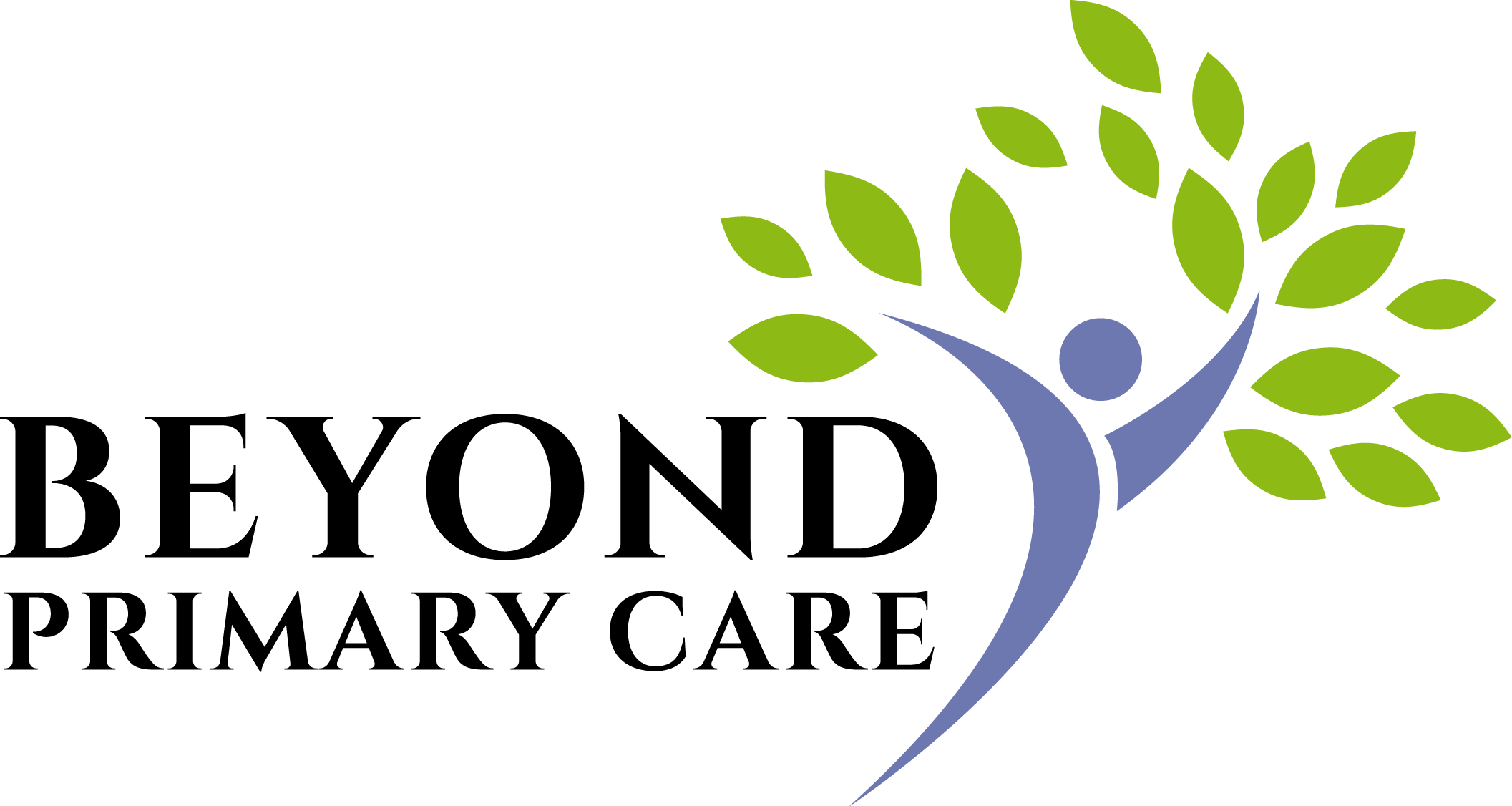Storytelling in Anxiety and Depression
Hi, thank you for coming back for the latest edition of Beyond Primary Cares blog; where I highlight healthy and fun recipes, healthcare news, advice for medical conditions, as well as how membership for care works! Beyond Primary Care is a new approach to family medicine and addiction medicine that creates the time and space your healthcare deserves. Beyond Primary Care serves patients in Ann Arbor and throughout Washtenaw, Livingston, and Wayne County.S
The primary purpose of the blog is to introduce healthy lifestyle concepts and answer common questions I receive from patients that I believe are important. I want to start discussions that will help educate, benefit, and improve your well-being.
Storytelling
We talked about what anxiety is in an earlier post. In this post I am discussing something that is important to me in treating any mental health condition- especially anxiety and depression- and that is storytelling.
Why We Listen
Not only is it a way of relaying information about my patients when discussing care (eg- talking to a therapist to find the best medication), but it is an an essential way I continue to learn at work. It has struck me recently that even more than these obvious examples, storytelling has a direct impact on not only how we understand anxiety and depression (or any disease) but the process of healing itself, from the perception and expectations of the patient to the diagnosis and treatment by the physician. One thing I find myself doing on a daily basis as a physician is listening to patient’s stories. I sit down with them, make myself present, and just listen.
Listen For Understanding
Think about any instruction list TELLING you how to do something:
Step 1: take an anti depressive medication, followed by
Step 2: get 8 hours of sleep a night, followed by
Step 3: walk 30 minutes each day, and so on.
People may complete the task, but long term learning for long term success from this method is limited. When someone is stuck in the dark hole that is anxiety or depression, it’s hard enough just getting OUT of bed in the morning, let alone doing any number of tasks. Treating anxiety or any mental health condition is not comparable to assembling a piece of furniture from Ikea.
Now, compare this to learning something from a story, where someone has pushed their own human experience and emotion into those tasks. Hearing the struggles, failures, and successes through story are more likely to shape your ability to learn and cope. Understand there are some conditions that we treat through empathy and ability to get to know people at people at a deeper level. The conversation can lend the support you need as you navigate the ‘hard’ in your own life.
Our Stories Are Ourselves
Sharing your story will help you feel better. Why are you not sharing your story? Perhaps you feel embarrassment, fear, resignation? If you do not share your story then those thoughts and feelings are just randomly going through your mind, and you may only be inclined to be reactive towards them when they do pass through… that is randomly.
We use stories to describe to others our needs, and mental health is no exception. It doesn’t make much difference what we leave in and what we take out, what is important is that we tell the story. There is magic in that. It’s in the listener and storyteller- us. And for each and every ear, it will be different. And it will affect us in ways that we can never predict. From the mundane to the profound. You may tell or hear a tale that takes up residence in your soul, becomes your blood and your purpose. That story will move you and drive you. And who knows what you might do because of it.
The Challenge
The truth is today we are not treating everyone we need to who suffers from anxiety or depression, and can not do so if we continue to insist on one-on-one therapy with only an ‘expert.’ If listening to and sharing stories helps people, how can we withhold it? It will be there, doing its thing, whether you want it there or not. To ignore it seems to me to be the least ethical thing one could possibly do.
Mainstream medicine has a challenge: continue to ignore your story and lose you to a subjective fantasy built on the mistakes of our brain, or join you in your life story ensuring you are taking responsibility for your wellbeing while making you central to the care and cure.
